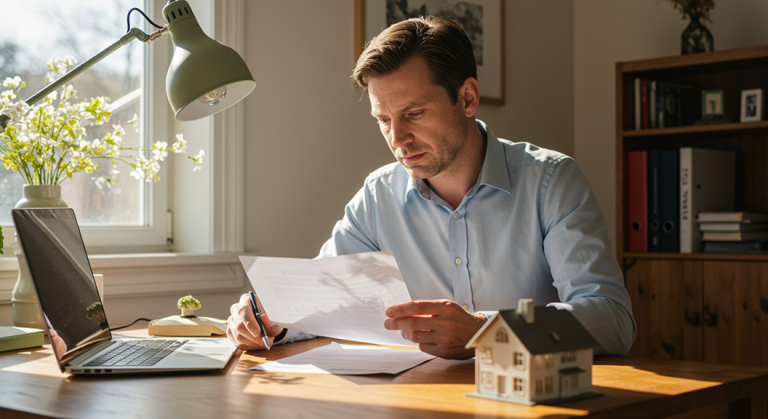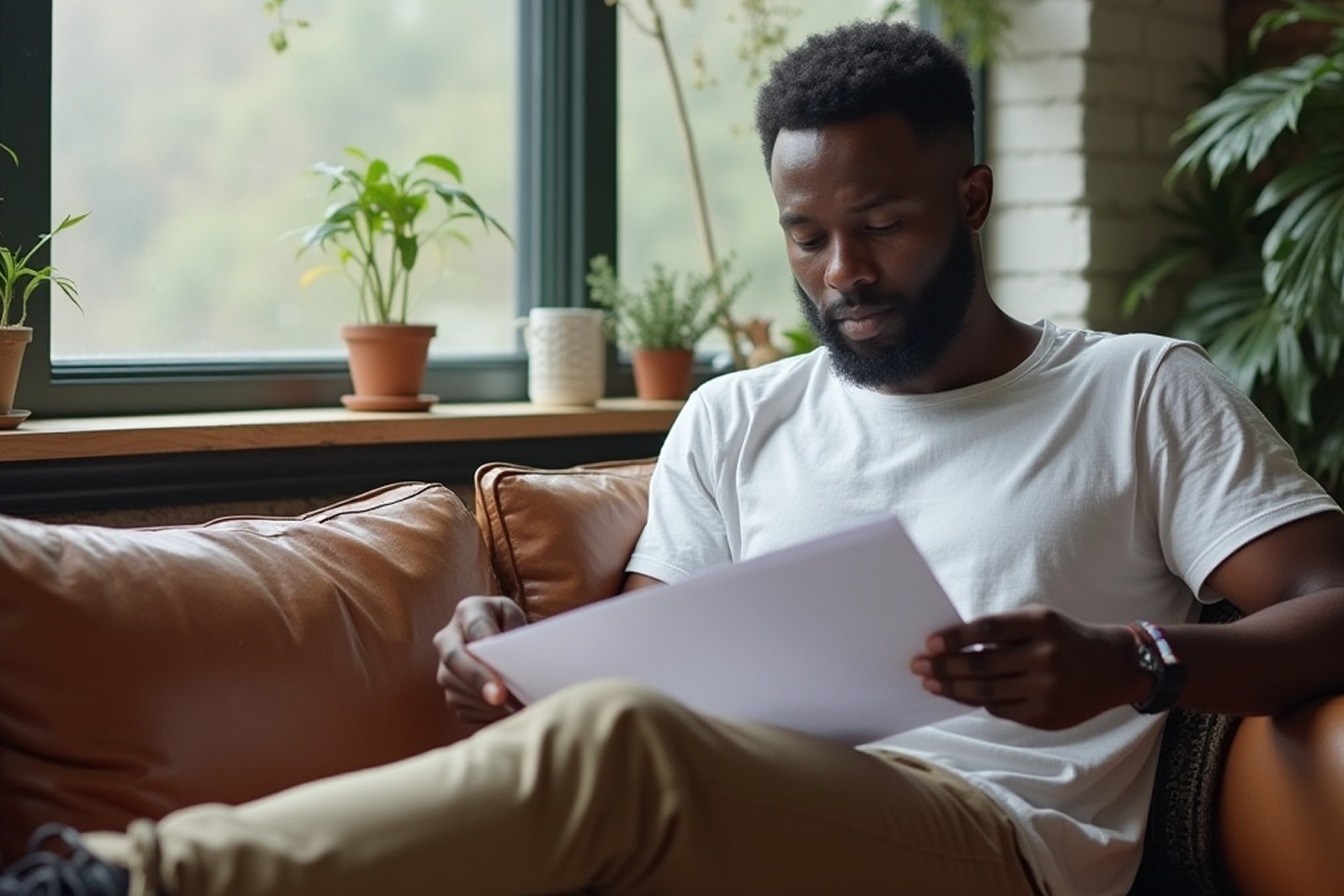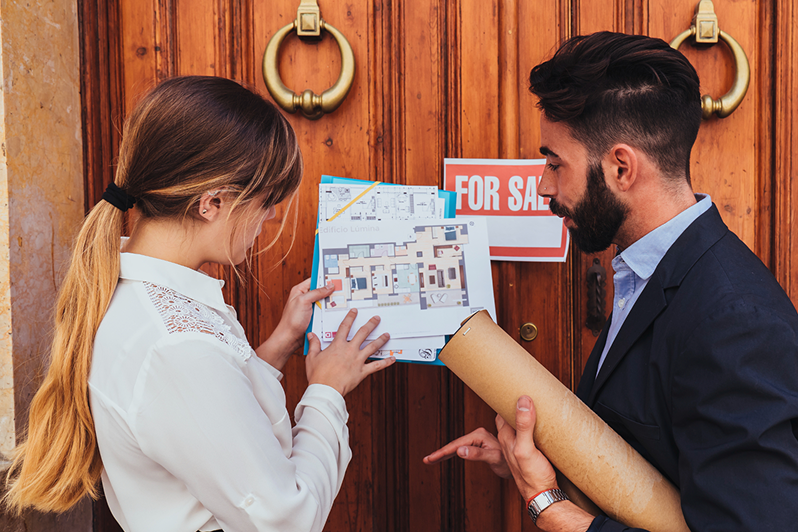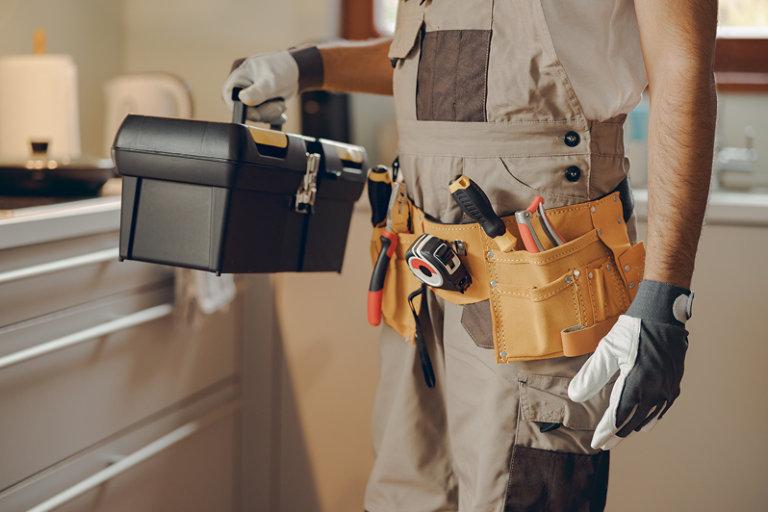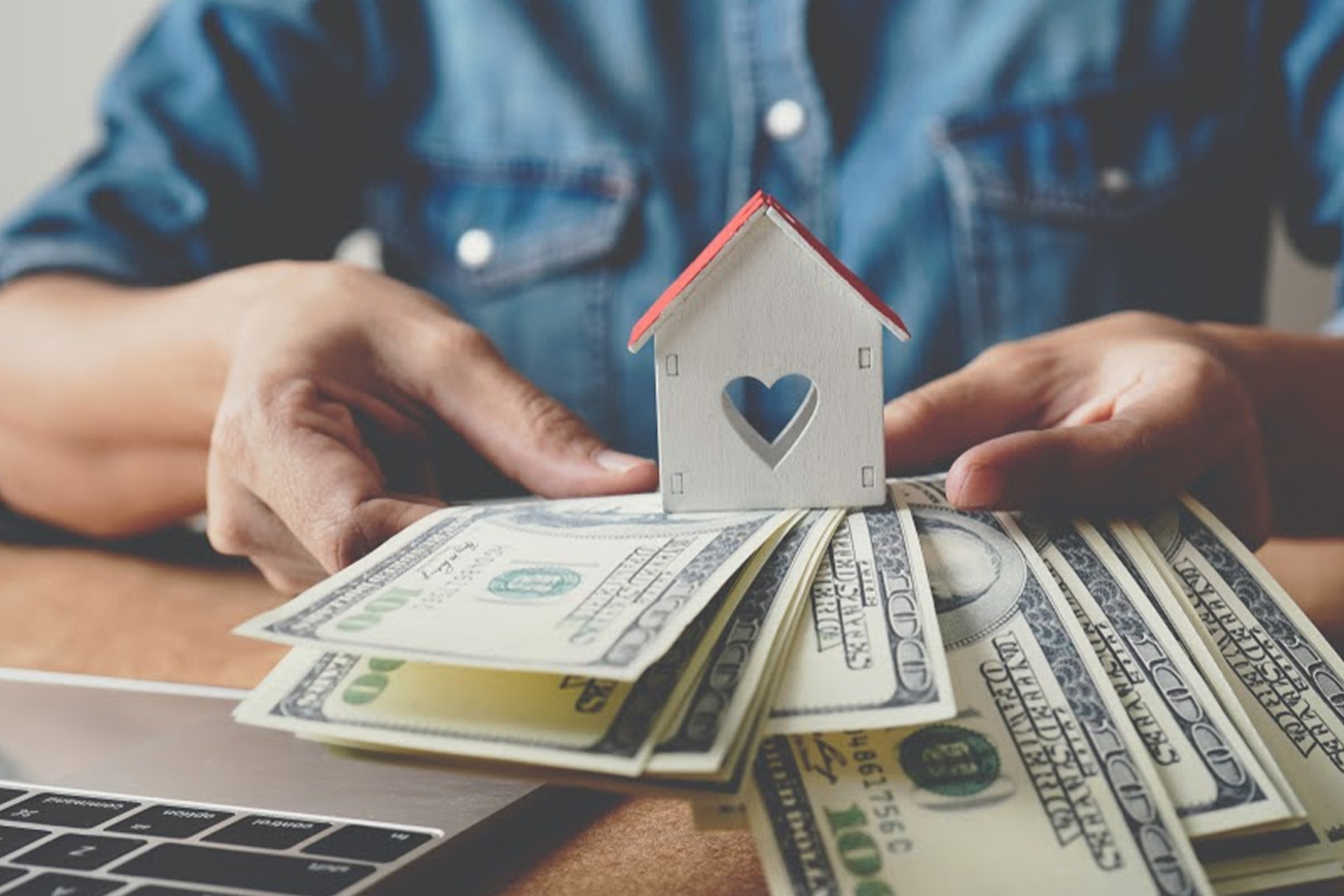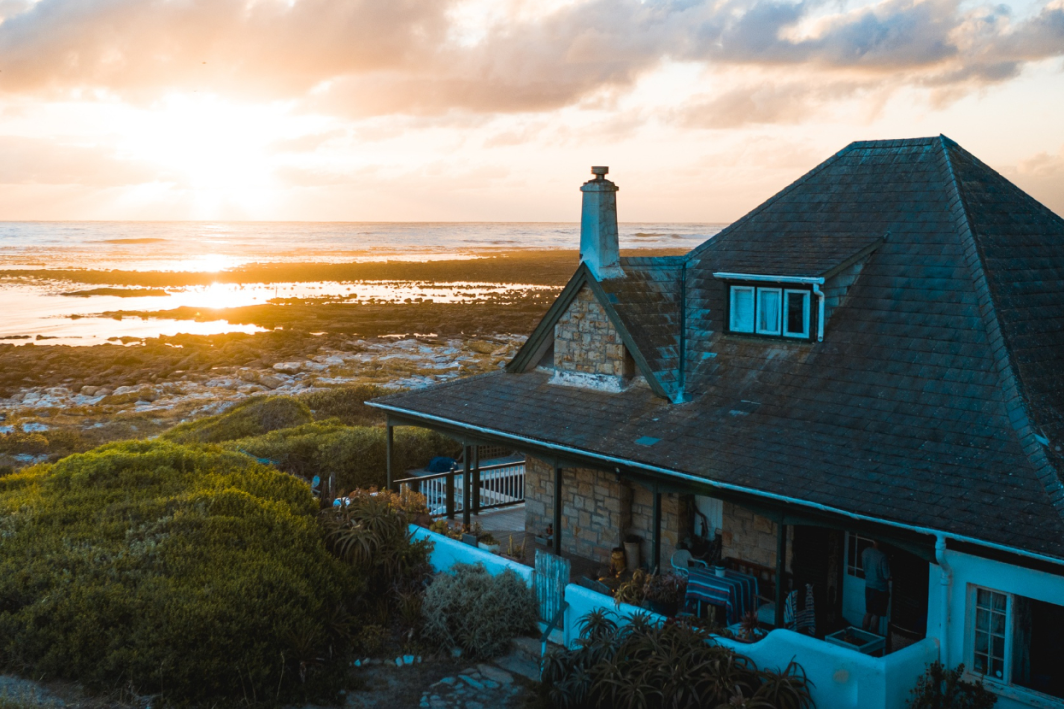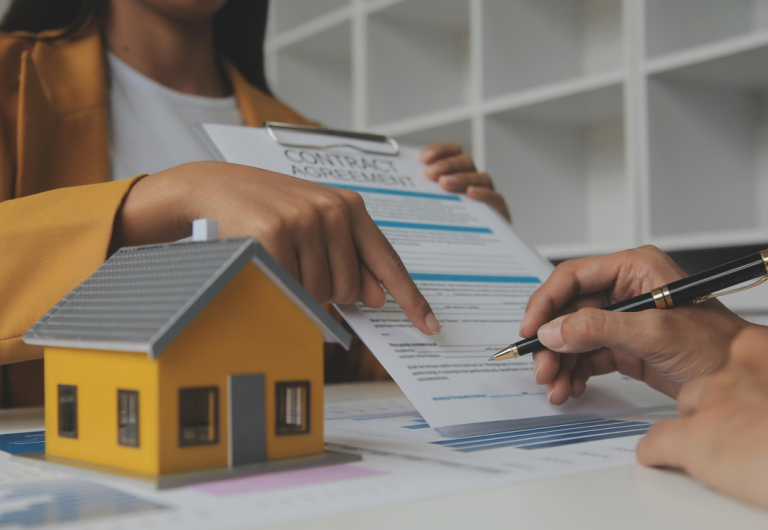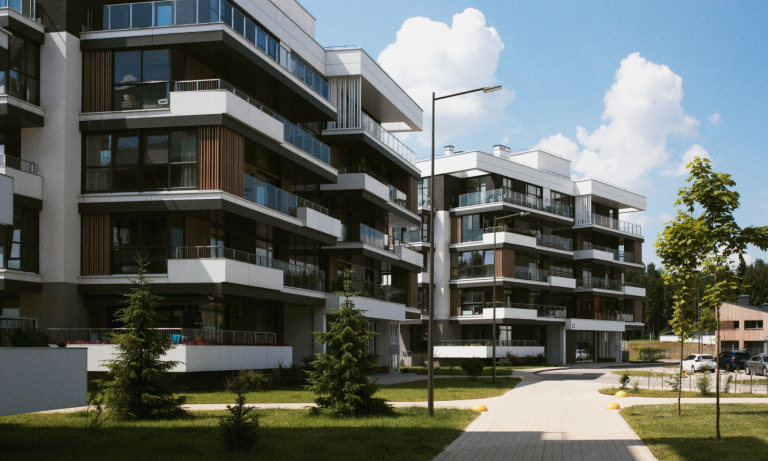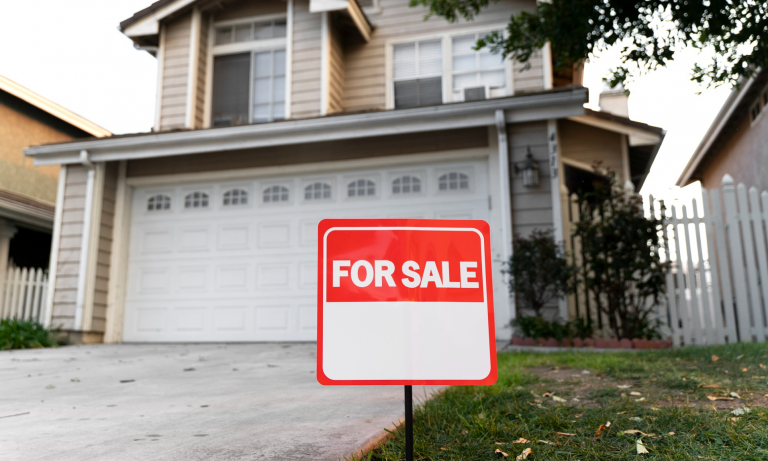Working abroad offers several benefits beyond just higher salaries. For many South Africans, there are countless job opportunities in countries that provide excellent living conditions, stable political environments, and robust and reliable public services. A global shortage in key sectors like healthcare, engineering and technology has drawn many to countries that are actively seeking foreign talent. This shortage is especially promising for skilled South Africans, who can leverage their expertise offshore working for companies that are willing to offer competitive salaries and attractive benefits.
What these South Africans are able to take advantage of is the value for money sitting in the South African property market while earning income in a strong foreign currency. Although lending rates are higher in South Africa than in many other countries, property prices are lower, relatively speaking, and the growth in property values creates further appeal when paying it off in another currency.
SA citizens living abroad are able to create future wealth for themselves through investing in buy-to-let properties and building a property portfolio that effectively pays for itself in time. This is especially relevant in times of stable interest rates with more affordable credit than two years ago.
Money in: Benefit from global earning potential
The biggest drivers behind SA citizens living abroad buying property back home are:
- Higher earning potential for those with special skills across many varied industries globally.
- The ZAR exchange rate has historically favoured foreign income earners here in South Africa, and this is unlikely to shift in the opposite direction any time soon.
- Interest rate cycles, like the one we find ourselves in now, where rates are slowly stabilising, make properties more affordable to pay off than in 2023. The instalment on a R2m bond 2 years ago was R22 500 (at an interest rate of 11.75%), whereas this same bond will cost a homeowner R20 000 at an anticipated interest rate of 10.00% should we continue to see further reductions later this year.
It seems like a no-brainer then: non-residents earning income in foreign currency stand to qualify for bonds based on their income alone, so why not look at buying property in South Africa as a long-term investment and low-risk wealth creation opportunity and retirement plan?

Money out: Bond repayments capped at 30% of gross monthly income
Currently, the average annual salary in South Africa stands at R303 648 (monthly gross salary of R25 300). This allows an average earner to afford a home valued at between R700 000 and R1 400 000 (between one and two income earners per household, based on the recommended bond threshold by banks).
The affordability figures above are indicative of potential bonds granted but without individual/household expenses and true affordability taken into account. A trend that underscores the financial cautiousness of South African lenders is a clear preference for monthly bond instalments to be no more than 30% of gross monthly income. This ensures that homebuyers maintain a balanced financial portfolio, allowing room for other expenses and savings.
Non-residents know more than anyone else that their income/earning potential is higher in other countries, but this is balanced more often than not by their equivalent higher cost of living. Rental rates, property prices, food prices, public transport, etc. – these costs all contribute to one’s substantial monthly expenses, impacting how much is left in one’s bank account at the end of the month and ability to potentially fund a property purchase in another country.
Becoming a non-resident property owner
For non-resident South Africans, it’s possible to purchase property in South Africa and take advantage of earning income in a foreign currency. The best and lowest risk approach would be to look for buy-to-let properties. These properties start to pay themselves off quickly if you’ve done your homework in terms of a range of neighbourhoods/suburbs and the types of people living/working in them, as well as the supply and demand for specific types of properties and current rental rates. If you run these calculations before buying property and make sensible financial decisions, you can buy a property that pays itself off from early on, and in this way you’re able to create long-term wealth.
This is feasible if you’re able to:
- Save and put down a sizable deposit against your loan for a property purchase (work on a minimum of 30% of the property price). The bigger your deposit, the more attractive your application for finance will be, and the lower your bond repayments will be (this is important for the calculations you’ll need to do – read on below). The exchange rate works in your favour if you’re earning in a strong foreign currency.
- Provide proof of regular income, e.g. payslips and employment contracts that will accompany your application for home finance to prove to banks that you’re earning enough to cover the bond repayments on the property. Qualifying for sufficient home finance is key, as you’re able to fund this purchase over a longer period of time to keep instalments at an affordable level.
- Prove that you’re a reliable credit customer: banks will do a credit check on you, so if you don’t have a recent credit record in South Africa, you’ll need to provide proof that you pay your existing credit off consistently and are a low-risk customer in the country in which you earn your salary.
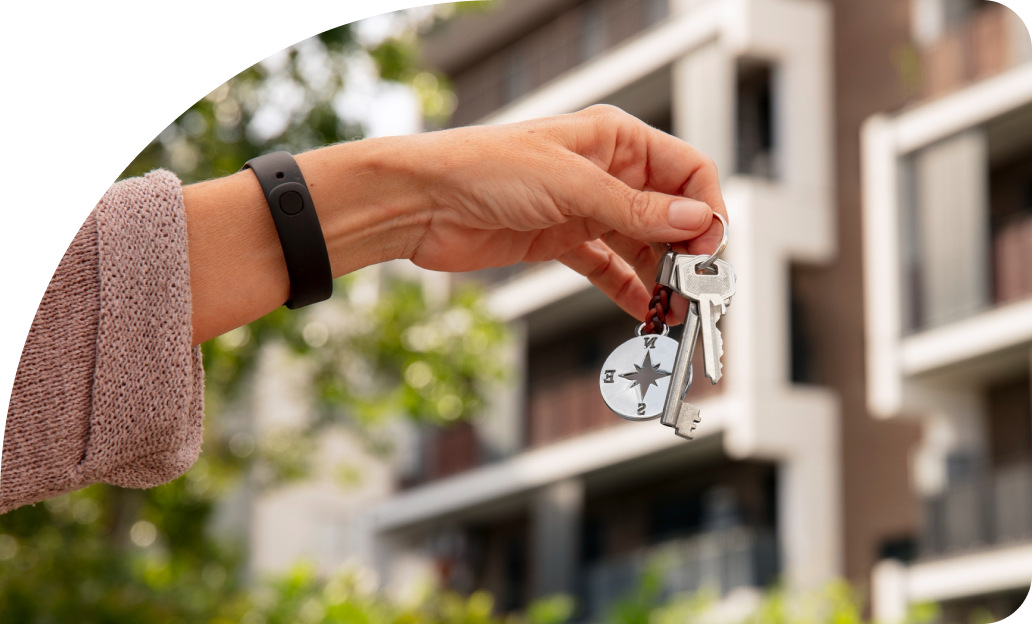
It’s all in the numbers, so work them out carefully
If you check those boxes above, it’s time to do your research and some important calculations:
- Affordability and repayment calculations: if you have a nest egg saved for a deposit on a property, start here:
- Bond Affordability Calculator: Find out how much you can afford to borrow based on your income and expenses (know what your gross salary and deductions are, as well as your current monthly expenses). This calculation will give you the largest bond amount you could qualify for (all input figures should be in ZAR).
- Bond Repayment Calculator: Start with the output value of the bond affordability calculator as your purchase price, and compare different bond amounts to determine your monthly bond repayment, transfer fees and once-off costs with your deposit factored in.
- Research your target market: Look at buying a property in an area where it is possible to rent it out – e.g. in school feeder zones, student accommodation or apartments close to central business districts in safe neighbourhoods. Property portals are invaluable for this step, especially if you’re not based in South Africa, as you’re able to determine the average property prices on properties for sale, as well as compare the opportunities in the rental market for these same suburbs to determine whether there is a demand or over-supply of properties, and what they’re currently rented out for.
- Work out the monthly homeownership costs: bond instalment, building insurance, levies, rates and taxes, water and electricity, solar and Wi-Fi. Adding up these monthly costs is a critical exercise to work out how much owning a property will cost you. Some of these figures are optional and/or flexible, so play around with a deposit to adjust your bond instalment, get more quotes for insurance, etc.
- Back the calculations, determine how much you could possibly rent the property out for and what the difference is between the monthly homeownership costs and monthly rental income. There are some costs such as water, electricity, Wi-Fi and solar which you can get a tenant to pay for, so factor this into your calculation. If the numbers stack up and you can cover most of the monthly homeownership costs, are you able to cover the rest from your foreign income?
If you get this right, and you’re able to start saving for a second deposit, you’re able to repeat this process again and start building a property portfolio that pays for itself and continues to grow in value.
Ready to take the next step? Contact one of our home loans specialists. We’re here to help guide you through every step of the way, so you can make the most of this opportunity and secure the property that’s right for you.







